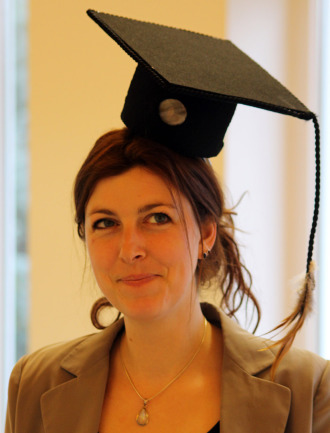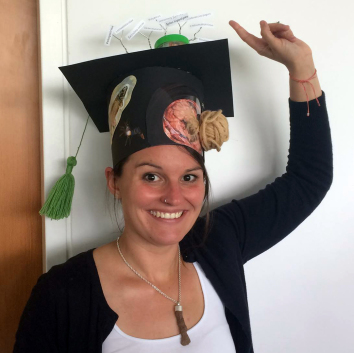News – 2017-19
22 August 2019:
Recently, Viktor Baranov has acquired research funding from multiple sources.
First, he received an Australian Museum Research Institute research fellowship (6,500 AUD) to travel to Sydney and work on aquatic insects from the Talbragar fossil site. Viktor will visit Australia in February 2020 in order to work on the museum collection and participate in the Australian Museum fossil excavation at the Talbragar site.
Additionally, Viktor received two seed-funding awards from the LMU directly:
On July 10, 2019, Viktor was awarded the BioNa Junior Scientist Award of the Faculty of Biology, LMU Munich (10,000 Euro). He will use this money to fund fieldwork in the tropical rainforest of the Dominican Republic. As a result, he hopes to gain abundant comparative samples of insects with aquatic larvae from the extant Dominican Republic forests to compare them with fossil material from 15 million-year-old Dominican amber. This study will serve as a primer for preparing a DFG application to fund a project dealing with long-term stability of the tropical forest ecosystems at the Greater Antilles.
Finally, Viktor was awarded 40,000 Euro within the framework of the LMUexcellenct Junior Researcher Fund. With these funds, he will develop a proposal for an Emmy Noether Junior Research Group on how to use fossil insects as a proxy for the palaeoclimate in deep time.
Congratulations to Viktor for this multiple success!
24 February 2019:
Last year we have not added anything to our News section, but still a lot has happened. Joachim started his Lichtenberg professorship, funded by the Volkswagen Foundation. With this, Joachim now has his own workgroup for zoomorphology, more here.
Within the Lichtenberg project, Viktor Baranov from the Ukraine joined our group as postdoc. Furthermore, three new PhD students started their projects in our group. Mario Schädel, who came to us end of 2017, is contributing to Joachim's DFG project. In April 2018 Paula Pazinato from Brazil started her PhD project. In October 2018 Serita van der Wal from South Africa joined us. The two latter ones are funded by scholarships granted to them. With this, our group became very international.
In addition to many conference attendances and research visits, we also want to announce a very positive event. Our long-lasting team member, who is already part of our team since our time at the University of Greifswald, Marie Hörnig, successfully defended her PhD thesis in January. Congratulations from all of us and all the best for the future!
28 August 2017:
It has now been a while since we posted something on our news page. Yet, that does not mean that nothing is happening in our group, the opposite is true! As you can see on our team page, our lab is quite full, with several running research projects, partly as bachelor or master projects. During the last year several students received funding via Lehre@LMU, more precisely Lara-Leonie Fetzer and Paula Gundi, Daniel Heimerl, Peter Schächinger and Florian Braig, as well as Dominik Kammerer. Hence, we would like to thank the funders heartily and are looking forward to the results!
Furthermore, Joachim successfully acquired external funding. The funding of his project on the topic “Palaeo-evo-devo on malacostracan crustaceans” will be continued by the German Research Foundation (DFG) for another 3 years as a PhD position. The application deadline ends in a few days.
Additionally, we attended several meetings, sometimes just the two of us, others with several team members, e.g., the Symposium on Mesozoic and Cenozoic decapod crustaceans in Villers-sur-Mer, the annual meeting of the Palaeontological Association in Lyon, or just recently the International Congress on Invertebrate Morphology in Moscow. Carolin was kindly invited by the Royal Society to give a talk at the Rhynie Chert Symposium in London. These meetings inspired us to get more active in this aspect. Therefore, the next meeting of German-speaking carcinologists in Munich 2019 will be organised by us together with Roland Melzer from the Zoological State Collection. Furthermore, Joachim founded the research group Palaeobiology in the German Palaeontological Society together with Alex Nützel from the Department of Palaeontology and Kenneth de Baets from Erlangen to emphasise the biological aspects in palaeontology. The research group will meet for the first time on 05 October 2017 in Munich, further information here.
Our team also published several papers, especially our PhD students. Therefore, in spring our first PhD student Christina Nagler submitted her cumulative dissertation and defended it successfully a few weeks ago. Congratulations to her and all the best for her future career!



